In the wellness world, detox diets have become a buzzword. Everywhere you look, there’s a new cleanse or detox program promising to rid your body of toxins and leave you feeling lighter and more energized. But here’s the truth: Detox diets are a myth. Your body already has a natural detox system in place. It doesn’t need any special cleanses to do its job. Let’s break down why detox diets don’t work and what you can do to truly support your body’s natural processes.
What is a Detox Diet
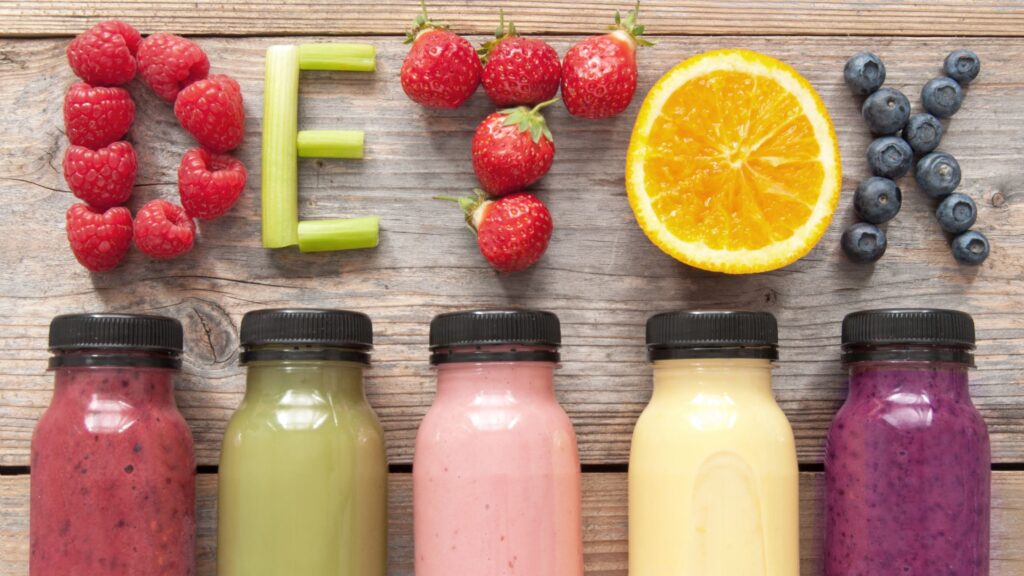
“Detox diet” is a general term that refers to different short-term diets designed to help the body remove toxins or waste. These diets are supposed to support the body’s cleansing or detoxifying process. However, the idea of “toxins” in these diets is often poorly defined. There’s little scientific evidence supporting the need for special cleanses. These diets typically focus on consuming specific foods or drinks while eliminating others. The goal is to help improve overall health, boost energy levels, and promote weight loss.
Here are a few common types of detox diets you may come across:
- Juice Cleanses: These involve drinking only fruit and vegetable juices for a set period, usually ranging from a few days to a week. The goal is to flood the body with nutrients while allowing the digestive system to “rest.”
- Elimination Diets: In this type of detox, certain foods or food groups, such as sugar, processed foods, caffeine, alcohol, or gluten, are cut out from the diet. The idea is to reduce the load on detox organs, like the liver and kidneys.
- Fasting: Some detox diets involve fasting or severely restricting calorie intake for a period of time to supposedly allow the body to reset itself and eliminate toxins more effectively.
- Herbal Detox: These diets incorporate herbal teas or supplements like dandelion, ginger, or milk thistle, which are believed to support detoxification.
The Science Behind Detoxing
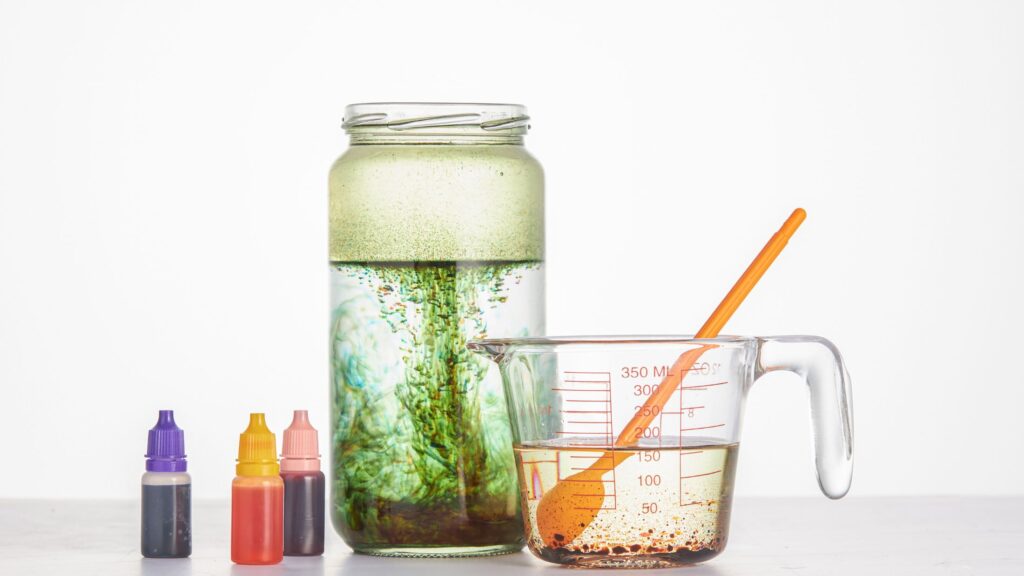
The truth is, your body has an incredible ability to detoxify itself naturally. Your liver, kidneys, digestive system, and skin all work together to process and eliminate waste products and toxins every day. No special diet required!
The Liver
The liver plays a pivotal role in detoxification. It filters blood, metabolizes nutrients, and neutralizes harmful substances, turning them into waste products that can be excreted through urine or feces.
The Kidneys
Your kidneys filter waste and excess fluids from your blood, which are then expelled through urine, helping flush out toxins.
The Gut
A healthy digestive system also plays a crucial role in detoxing. By properly digesting food and absorbing nutrients, the gut ensures that waste materials are eliminated efficiently.
The Skin
Your skin also helps expel toxins through sweat, especially when you’re physically active.
So, while detox diets might sound appealing, the idea that they’re necessary for these processes to work is simply not true. Your liver and kidneys are already highly efficient at their jobs. They don’t need any extra help from restrictive diets or expensive supplements.
Health Risks Associated with Detox Diets
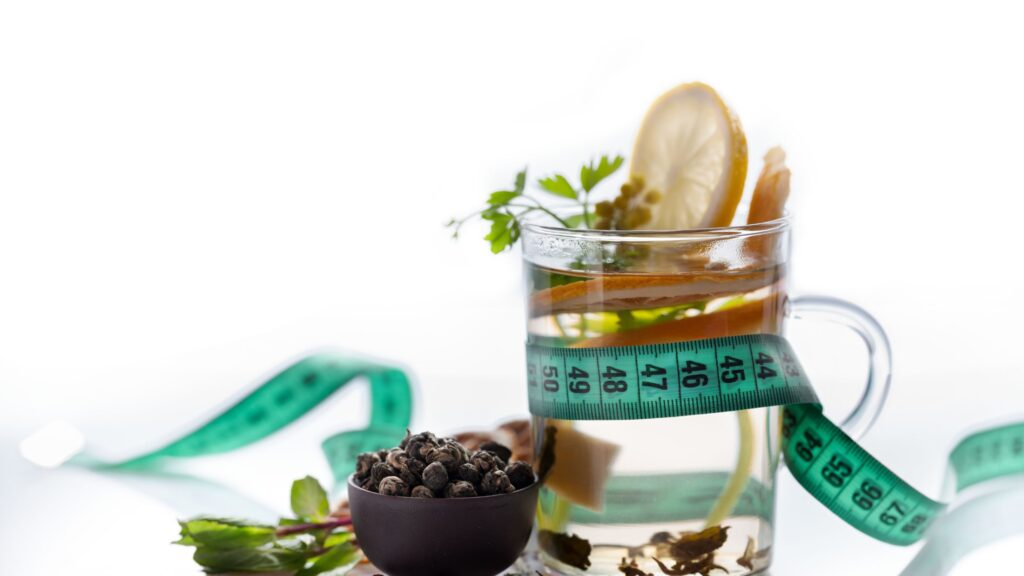
While detox diets promise quick results, there’s little scientific backing to support their long-term effectiveness. In fact, some studies suggest these diets may disrupt your metabolism and harm your digestive system. Here’s why detox diets can be dangerous:
Calorie Restriction
Many detox diets are low in calories, which may lead to initial weight loss. However, this is often just water weight or muscle loss, not actual fat burning. Once you return to normal eating, the weight typically comes back.
Nutrient Deficiency
Cutting out entire food groups or severely restricting calories can lead to deficiencies in essential nutrients like protein, healthy fats and vitamins. This can affect your energy levels, immune function, and overall health.
Dehydration and Electrolyte Imbalance
Some detox diets, especially juice cleanses can lead to dehydration. Juices may not contain the necessary electrolytes like sodium, potassium, and magnesium, which are vital for hydration and body function. Without electrolytes, you may experience dizziness, fatigue, muscle cramps, or even heart problems.
Strain on the Liver and Kidneys
Some detox plans promote laxatives or diuretics to “help” the liver and kidneys, but these substances can actually put extra strain on these organs and, in some cases, cause damage. Overusing supplements or herbs that claim to support liver function can also lead to harm.
How to Support Your Body’s Natural Detox System
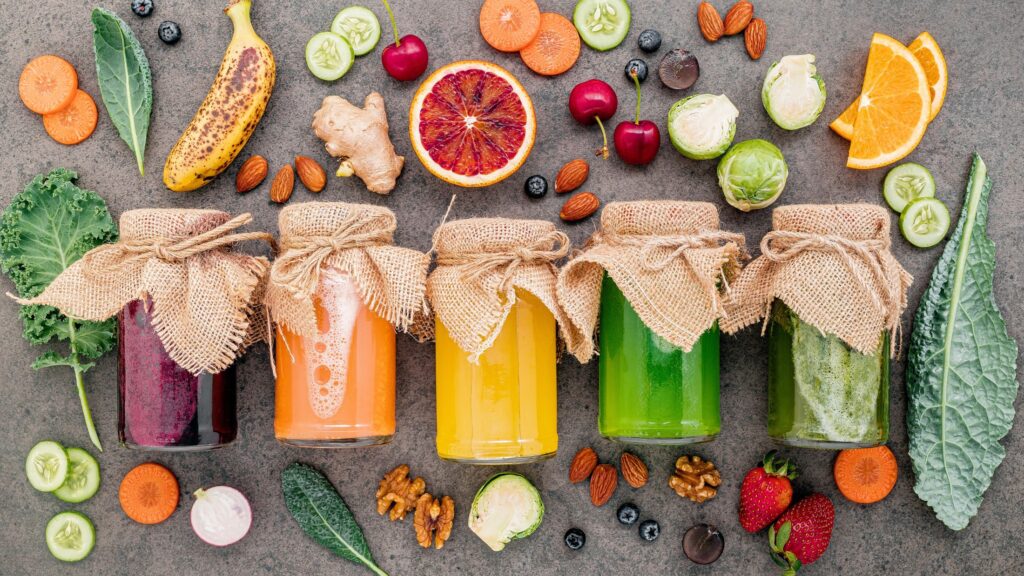
Rather than relying on detox diets that promise quick fixes, it’s much more beneficial to adopt healthy habits that support your body’s natural detox processes. Here are some practical tips to help you stay healthy and feel your best:
1. Eat a Balanced Diet
Instead of following restrictive, short-term diets, focus on supporting your body’s natural detox system by eating a balanced diet. Eating a nutrient-dense, whole-food diet is essential for supporting your body’s detoxification system. Include a variety of fruits, vegetables, whole grains, and lean proteins in your meals. Foods like leafy greens and berries are rich in vitamins A, C and E. These vitamins are antioxidants that protect cells against damage.
2. Stay Hydrated
Drinking plenty of water is essential for supporting kidney function and flushing toxins from your system. Water allows your body to remove waste products from your blood. Aim for at least eight glasses of water a day.
3. Exercise
Regular exercise helps improve blood flow, supports the lymphatic system, and encourages the removal of toxins through perspiration. While sweating is not a primary detox mechanism, it does assist in removing some minor waste products, like urea, through the pores. Aim for 30 minutes of moderate activity daily—whether it’s walking, yoga or swimming.
4. Get Enough Sleep
Your body’s detoxification processes are most active when you sleep. During sleep, the brain clears waste products and the body repairs and regenerates cells. Make sure you’re getting 7-9 hours of quality sleep each night to support your overall health and detoxification system.
5. Limit Alcohol and Processed Foods
Excessive alcohol and processed foods can put a strain on your liver, making it harder for your body to detoxify naturally. Try to limit these and focus on whole, nutrient-rich foods that nourish your body and keep it running smoothly.
Bottom Line
While detox diets promise quick results, the truth is that your body is already equipped to cleanse itself. Instead of following restrictive, short-term diets, focus on supporting your body’s natural detox system by eating a balanced diet, staying hydrated, exercising, and getting plenty of sleep. These small, consistent lifestyle changes will leave you feeling more energized and healthier in the long run.
Remember, wellness is a journey, not a quick fix. It’s all about giving your body the nourishment it needs to thrive. So, ditch the detox myth and focus on the simple, effective habits that truly support your health!
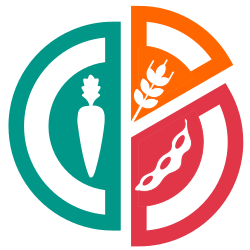
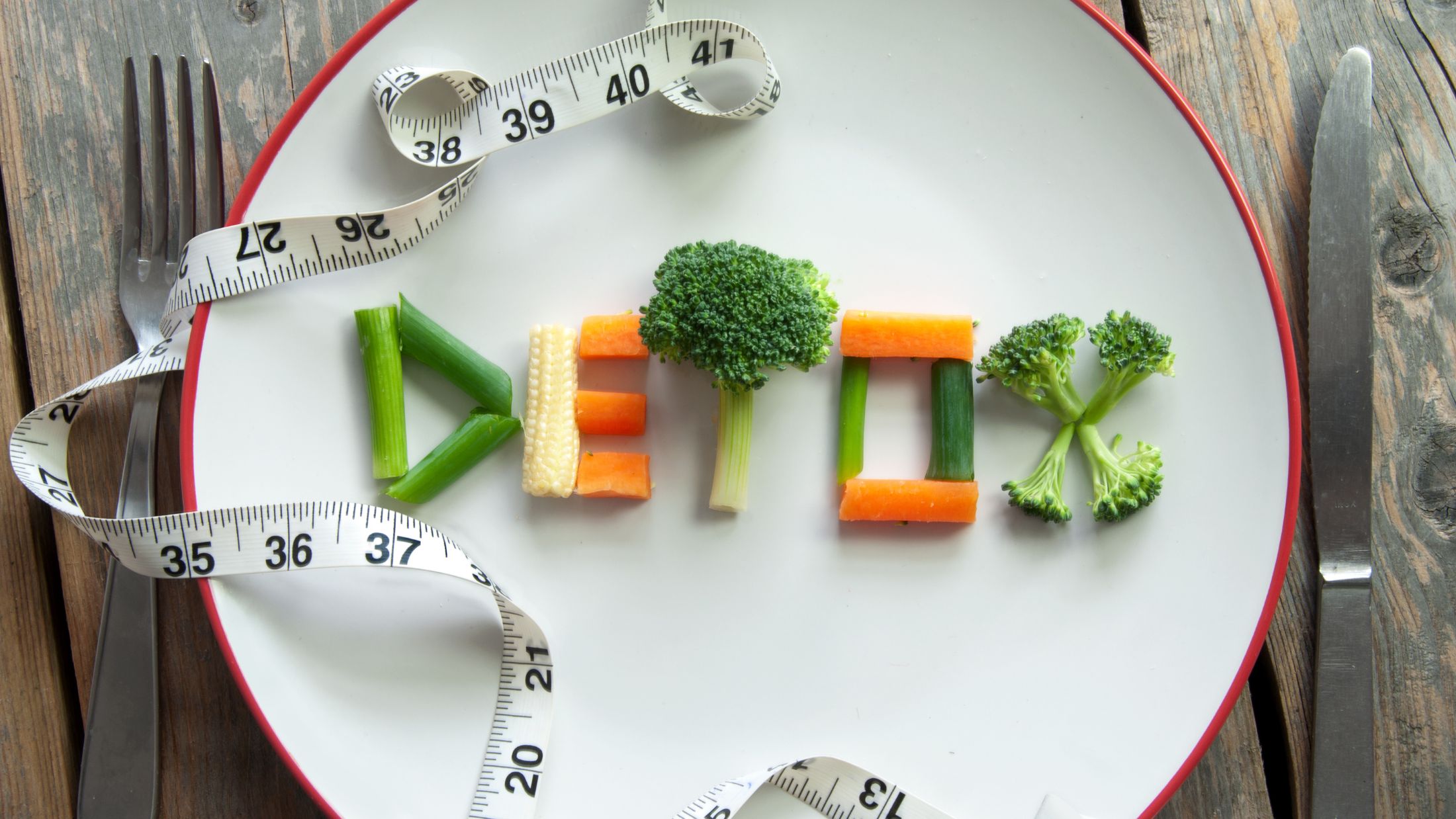


Leave a Reply